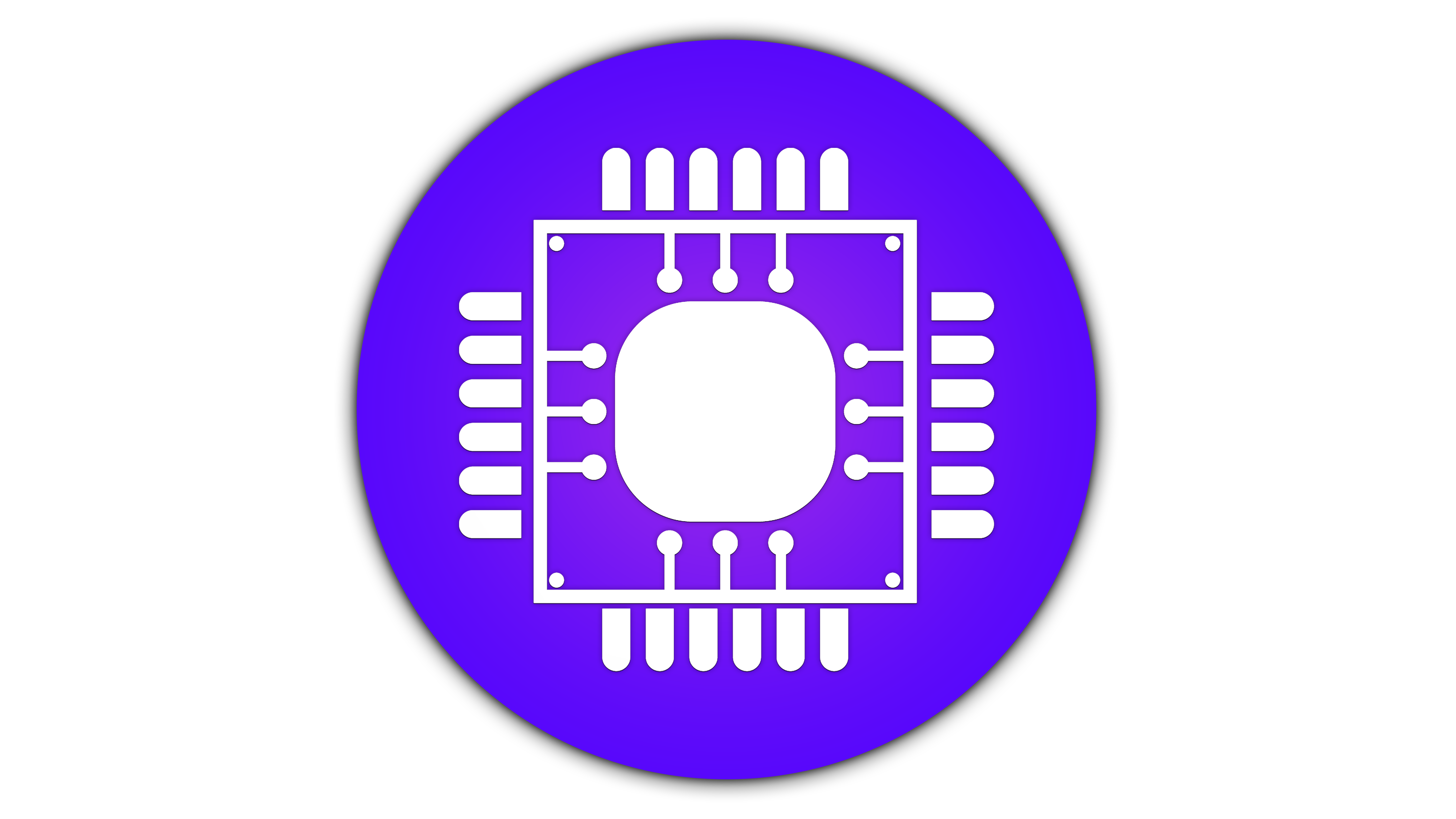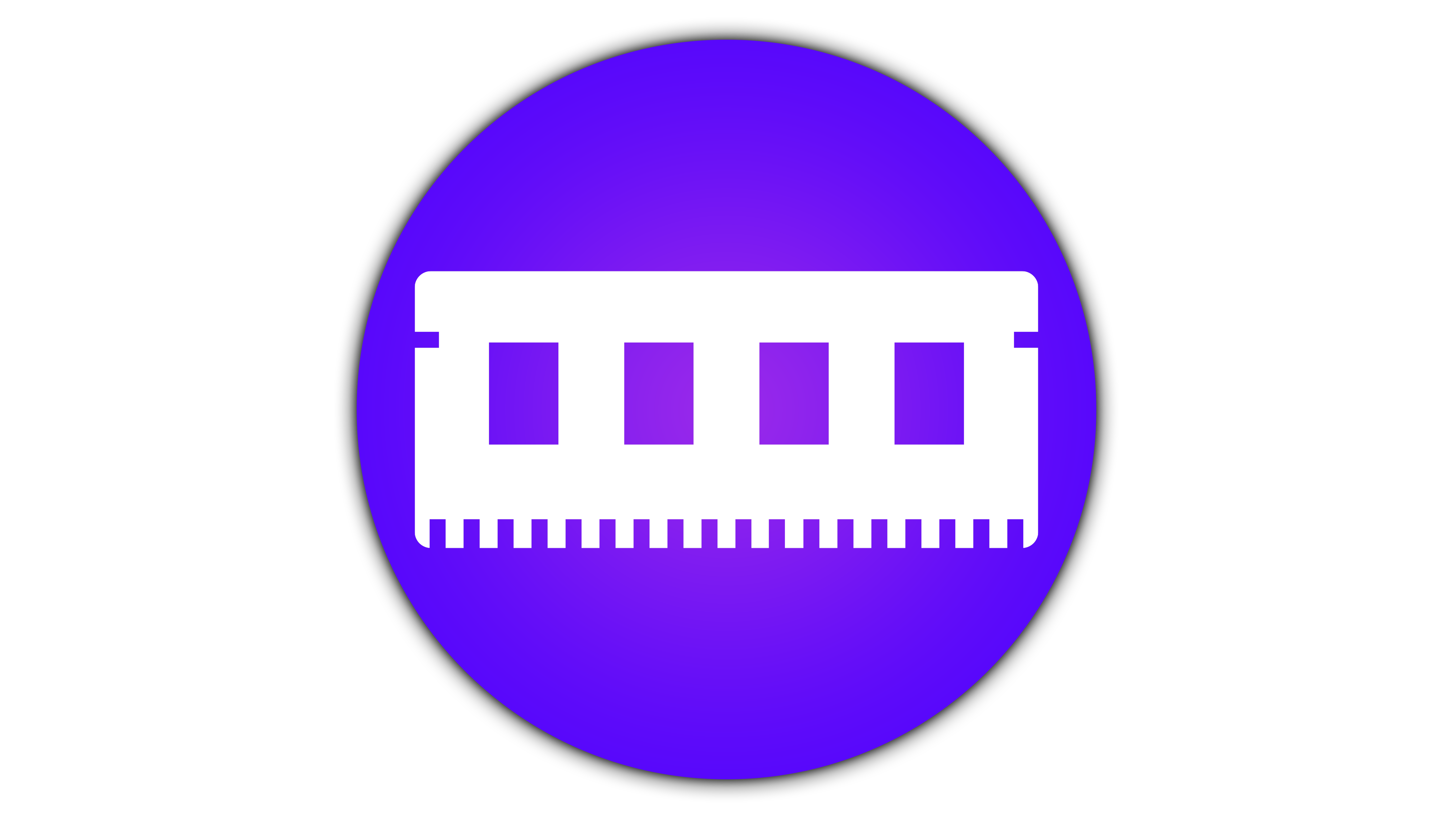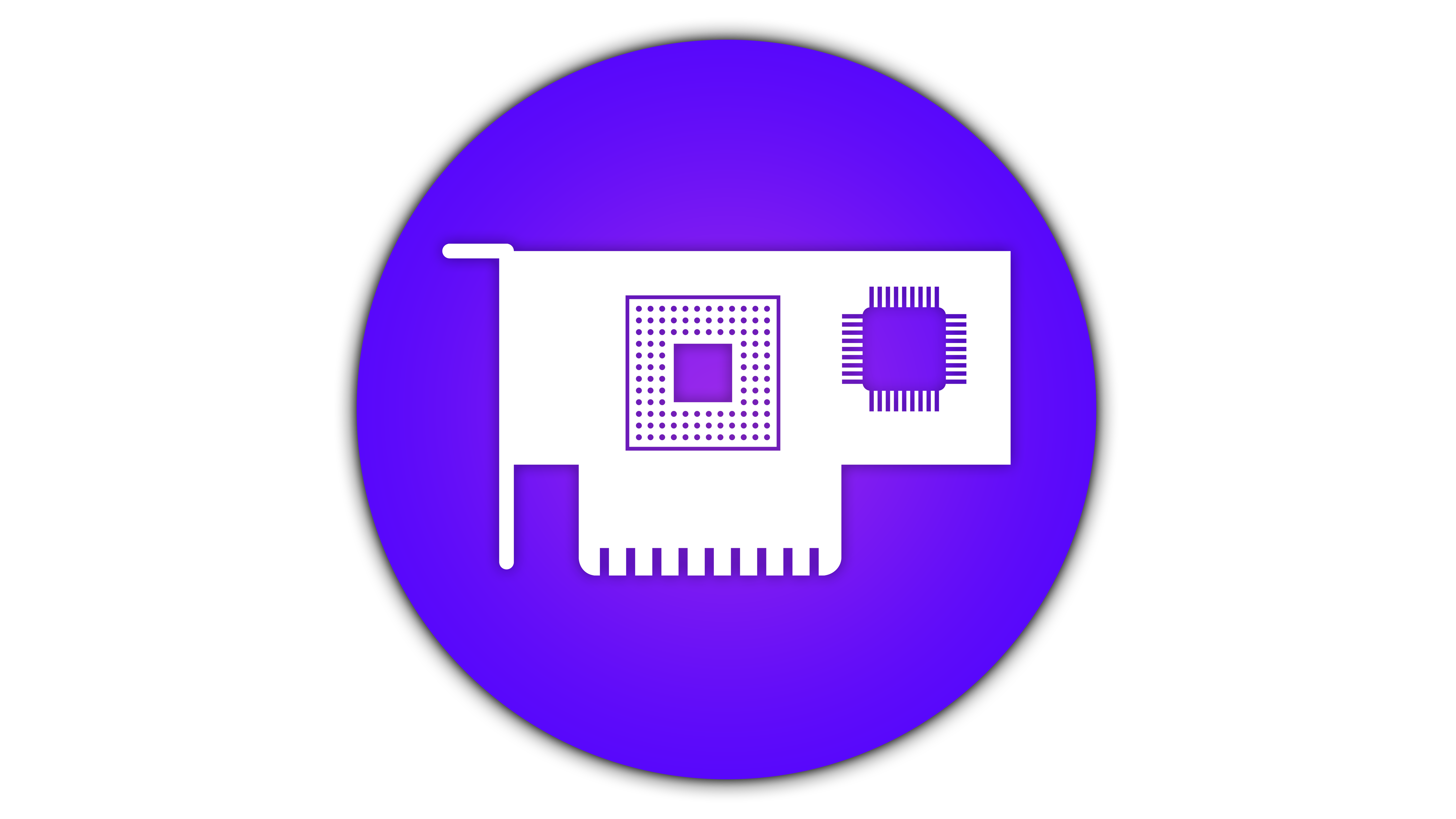Hardware Recommendations Virtual Production
Unreal, like most software developers, keeps track of minimum hardware specifications, which you can use to make sure your system's hardware satisfies. Though there are some similarities, their advice typically centers on game creation; however, virtual production has its own requirements. As a result, we've taken the time to conduct research to find out which hardware optimally performs various components of Unreal Engine. We've then developed our own list of suggested hardware based on this testing.
Processor

One of the most important parts of an Unreal Engine workstation is the processor, sometimes known as the CPU. All of the laborious development work, including the compilation of shaders, code, blueprints, and light baking, is done by the CPU. Many still rely on CPU light baking since it may use numerous machines to accomplish the operation, even though GPU light baking has become more and more common.
AMD's Threadripper 7980X is now the fastest CPU for Unreal Engine overall. The majority of Unreal Engine development processes, such as baking lighting and creating shaders, are multi-threaded and perform exceptionally well on CPUs with several cores. Furthermore, the quad-channel RAM on this type of workstation will be useful for customers running multiple additional high-end software programs or advanced physics simulations.
Many users might not see a significant enough speed increase for their specific routine, though. Individuals that prioritize the creation of assets could go for a less costly alternative, like the AMD Ryzen 9 7950X or the Intel Core i9 14900K. In addition to having a decent number of cores, these CPUs have a faster clock speed, which is useful for motion capture data processing and 3D modeling applications.
Memory (RAM)
Any open apps, simulation data, and bulk caches are all kept in RAM. When a system requires more RAM than is available, it starts storing and reading data on the drive. Frame rates and load times are slowed down by the fact that a disk, even a solid-state drive (SSD), is far slower at this than RAM.
The particular procedure will determine how much memory is required. If the projects are tiny, Unreal Engine itself can run on a PC with as little as 16GB of RAM. Our minimum recommendation is 32 GB, which will be needed for larger projects. What other apps are being utilized is another thing to take into account. Many workflows require multiple high-end applications to be open simultaneously, necessitating 64GB or more of RAM. For most high-end users, the range is usually 64 to 128 GB.

Video Card (GPU)

How many models, textures, and effects may be shown on the screen at once, as well as how many frames per second, are controlled by the GPU. Unreal Engine now has a feature that lets you build lighting with the GPU.
The NVIDIA RTX 4090 is currently the quickest GPU for virtual production. It has much better raw 3D performance and is much more reasonably priced. It all depends on the specifications of your particular setup. If you are working with a huge LED wall, the RTX 6000 Ada will be the obvious choice because of its greater VRAM and support for a Quadro Sync card. The GeForce RTX 4090 will probably do for a less complicated setup—especially one with a green screen—and save you money.
The final size of the image and project complexity will determine how much VRAM is required. Performance suffers significantly when VRAM runs out. The majority of motion capture or green screen workstations require between 10 and 14 GB, although 24-48 GB is preferable for huge LED volumes.
Storage Device
Primary Drive: OS/Software (SSD/NVMe): Includes your operating system and the base Virtual Production installation. An SSD is highly recommended as it will greatly improve how fast the OS and programs startup, but you can also upgrade to a faster NVMe drive for a small performance benefit. Unreal Engine projects can consist of thousands of files and grow very quickly. It is common for projects to be 30 to 40 GB in size, with some exceeding 100 GB
Since the primary drive will primarily be used to store Windows and software, including all software (except large Game), it doesn't need to be that large for the majority of users; a 500GB SSD will be enough for Drive C.
Secondary Drive: Project Files (Platter/SSD/NVMe) Having a second storage (either SSD or HHD) for storing assets and effects is a wonderful alternative if you have additional money to spend or keep a lot of them around for use on different projects. Of course, an internal or external hard drive is a more cost-effective option than a high-capacity SSD if you need more mass storage and preservation.


At Arvuti.in we specialize in building custom workstation PCs tailored specifically to meet the unique needs of each of our customers. We understand that finding the right computer for workflows can be challenging, which is why we offer personalized consultations with our expert, non-commissioned consultants. They will work with you every step of the way to configure a computer that meets your specific needs, whether you already have a quote saved or need guidance on the process.
Request a Consultation by Email
We know you are busy, so you may find that the most convenient option to get started with a consultation is via email. Just click the button below and fill in your name, address, and some information about what you are looking for and we’ll get back to you within one business day.

Why Choose Us?
We strive to offer every individual customer the best possible PC experience from start to finish no matter what PC they have purchased from us. Computers is a highly respected international builder of high-performance professional workstations and server computing solutions. With access to a vast selection of the latest components and highly trained professional system builders.
What Our Customers Says
About Us
Thank you for taking the time to get to know Arvuti.in India’s custom PC builder. The internet provides unique opportunities, but it also allows anyone to appear legitimate and credible. It is important to know and trust the online companies with whom you do business!
Arvuti.in is based in the Lucknow Uttar Pradesh, India and specializes in high performance custom built PC. We emphasize customization over every aspect of each computer, offering personal consulting and support that is becoming quite rare in the industry. Our goal is to provide each client with the best possible computer for their needs and budget.
We build professional-grade Workstation PCs! This is a legitimate question because there are many good choices out there. We are happy to be part of an industry with such healthy competition, and we are confident that even with the tough competition we are a clear leader in our field. Components are carefully selected and tested with each computer undergoing a 36 hour burning process.
























